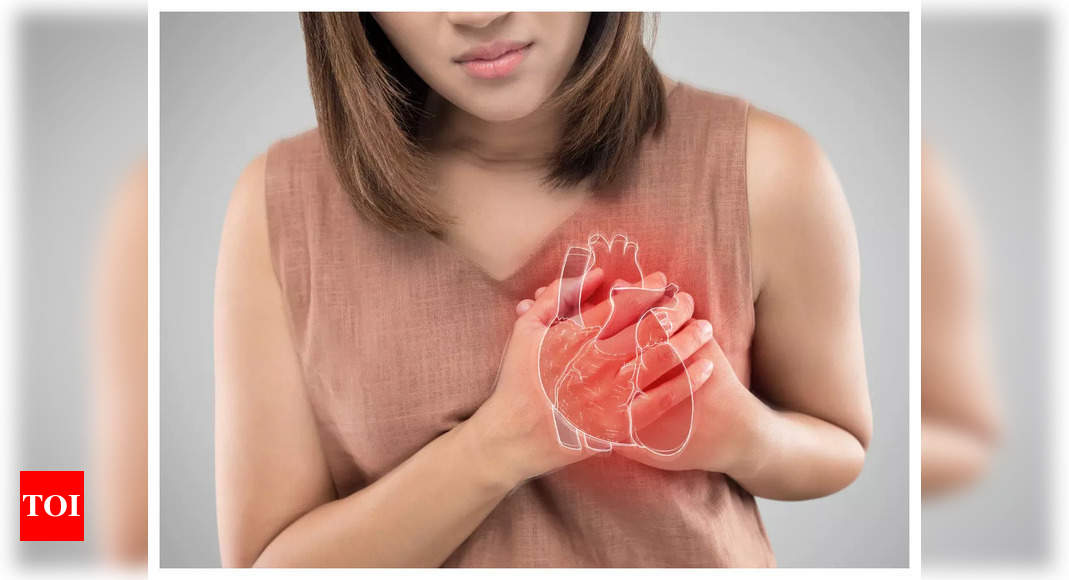World Heart Day: “After menopause, women are as prone to heart attack as men” – Times of India
When asked if women are really less prone to heart attacks than men, Dr. Vivek Chaturvedi, Professor & HOD, Cardiology, Amrita Hospital, Faridabad said, “The answer is both Yes and No. Women do tend to have relative immunity to heart attacks before menopause. But in the presence of diabetes and high blood pressure which are very common in India, this protection against heart disease is blunted. Also, after menopause, this protection goes away and they are as prone to heart attack as men.” He also said obesity is another high risk factor in women.
Let’s understand the science behind it. Dr Arindam Pande, Consultant – Cardiology Services, Medica Superspeciality Hospital, Kolkata shares, “From the lungs and brain to the muscles and joints, men and women differ in their anatomy and physiology. The cardiovascular systems of men and women also differ. Women’s hearts and blood arteries are smaller than those of men. These variations can cause cardiac disease in women to develop differently than it does in males.
Also read: Silent heart attack symptoms people may miss
Cardiovascular diseases (CVDs) are common in men at a younger age than in women. This is due to the oestrogen hormones produced when a woman is in her menstruating age, which protects them from heart attack.
According to Dr OP Yadava, CEO, National Heart Institute, “The estimated ratio of heart attacks in women and men below 40 years is 1:10. However, the risk in women starts rising after 45. By the time they reach 60 years, their risk is the same as men, maybe slightly higher.”
Diabetes and high cholesterol are two comorbid disorders that are caused by menopause and ultimately play a significant part in heart attacks. Due to hereditary factors, sometimes women are at an increased risk of heart attack or heart disease even in younger age brackets.
Signs of heart attack
Dr Arindam Pande shares that in heart failure, nausea is a typical symptom of a heart attack, particularly in women. Other symptoms are shortness of breath, constant coughing or wheezing with white or pink mucus with blood in it, excess fluid in body tissues like abdominal swelling, foot, ankle, or leg swelling, as well as weight gain. Other signs are impaired thinking and rapid heartbeat like heart pounding, fluttering, skipping, or racing.
Don’t take it lightly!
Despite the protection that oestrogen offers a woman against heart attack, a woman must not think she is immune to it. If she is not exercising regularly, eating outside food, not maintaining an ideal weight, then it’s also problematic for them. Doctors feel women should be looking after themselves better than men!
For all the latest lifestyle News Click Here

